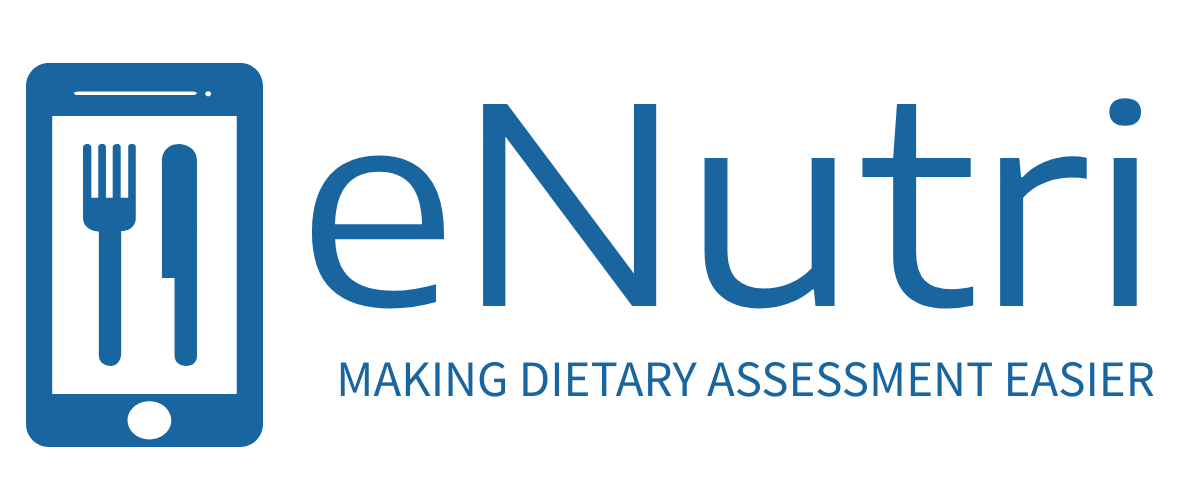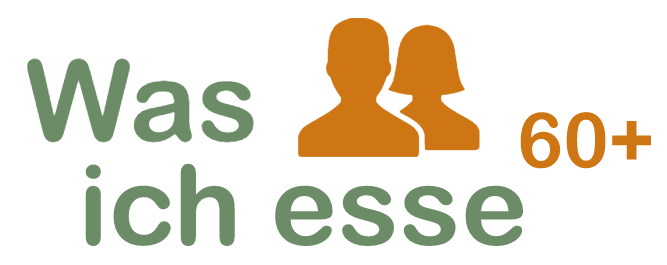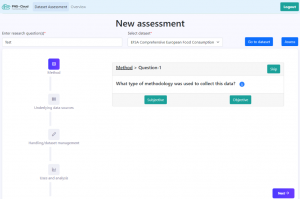- Home
- Demonstrators
- Food Intake & Lifestyle
The “Food Intake & Lifestyle” demonstrator

A researchers’ journey in the FNSCloud
Continued collection and analysis of food and nutrition data is critical to understand the current consumption patterns globally. However, existing data are usually collected separately by individual countries and so, are often fragmented and difficult to access or reuse for different purposes.
This is where the FNSCloud comes into play. It provides researchers with friendly tools and services, helping to make food and nutrition data more findable, accessible, interoperable, and reusable (FAIR). These tools not only simplify the process of accessing relevant data but also support researchers in effectively collecting new data, finding existing data and merging datasets.
Discover below the tools and services available to researchers through the FNSCloud to answer novel research questions in the food intake and lifestyle domain.
Collect novel data
Researchers may wish to collect original food intake and lifestyle data for their research. A range of tools designed to facilitate food intake and lifestyle data collection among different European population groups exist on FNS Cloud. These tools are available for research use, and have been validated among their target populations.

Foodbook24
Foodbook24 is a web-based, self-administered 24-hour recall tool, available in multiple languages (EN, PL, CN, PT) that uses the multi pass-method. Foodbook24 records food group and nutrient intake (from food items and supplements) as well as eating habits.
Developed by UCD

eNutri
eNutri is an online self-administered food frequency questionnaire (FFQ) developed for the United Kingdom population. eNutri covers all aspects of the diet including food, drink and supplement intake over the past month. Portion sizes are estimated using food images.
Developed by University of Reading

Was ich esse 60+
“Was ich esse 60+” (What I Eat 60+) is an online self-administered food frequency questionnaire (FFQ) developed for German adults aged 60 years and over. The FFQ captures food, drink and supplement intake over the past 4 weeks. Portion sizes are estimated using food images.
Developed by TUM
Identify existing datasets
Researchers may wish to reuse existing datasets. They can use the FNS Catalogues to search for relevant existing datasets across Europe. FNS catalogues are online directories which can be used to search for existing datasets, tools and services.
The Datasets Catalogue entries provide information on how datasets were collected and how to access the data.
All datasets generated for or used in the demonstrator were entered in the FNS-Cloud Data Catalogue to be easily findable by other researchers.
Access Datasets
Once datasets of interest have been found in FNSCloud catalogues, researchers can consider the routes available to access these data.
Information on whether the data is open access or restricted is available for each catalogue entry.
- Open access means data can be freely downloaded from a data repository.
- Restricted access means that the data controllers listed should be contacted for further information.
Researchers who reuse data are responsible for ensuring data is used according to the predefined terms and conditions.
 Assess dataset quality
Assess dataset quality
It is important to consider whether the dataset(s) selected for reuse are appropriate for the research question. To support researchers in making that evaluation, a Dietary intake data Quality Assessment tool was developed in the FNS-Cloud project and is now available in the Cloud. This online form asks participants questions on components of dietary and lifestyle data. It produces a personalised report with considerations that the researchers can take into account while deciding whether the data they have selected is appropriate for their research question.
Data “reusers” should perform quality assessments on all selected datasets before deciding to use them or not.
Merge and harmonise data
When reusing existing data, researchers might wish to merge several existing and/or newly colected datasets for the purpose of their analysis. Larger datasets improve statistical power of analysis and allow more in-depth comparisons across population subgroups or variables of interest. However, it may not be appropriate (or possible) to merge dietary datasets that have been collected using different methods. Even merging datasets collected using the same method can be challenging.
FFQ mapping framework
For example, food frequency questionnaires (FFQ) record food intake data of population-specific foods only, so comparing data across different FFQs is difficult. Within the FNS-Cloud project, we tested an approach to map and merge FFQ data and developed guidelines to harmonise FFQ food data, which are now available to researchers.
Developed by UCD
Food Matching Web Services
Food data collected using food diaries or 24-hour recalls can also be difficult to compare as different food classification systems may be used across datasets. On the FNSCloud an API was developed to support food experts align datasets at the individual food level (using FoodEx2 codes and EuroFIR food groups). Using the food matching web services allows researchers to merge comparable datasets, reducing the time required to manually map across datasets.
Developed by JSI
All FFQ data in the Food intake and lifestyle demonstrator are coded at food group level; food groups are aligned across all FFQ datasets used in the demonstrator so datasets can be merged.
All 24 hour recalls datasets are aligned using a combination of FoodEx2 codes and the EuroFIR food groups to be coded at individual food level and enable merging. FoodEX2 codes were previously developed by the European food safety authority (EFSA) to standardise food classification across datasets and are widely used in dietary intake datasets across Europe.
To demonstrate the usability of this set of tools and services, the “Food Intake & Lifestyle” demonstrator focussed on the following research questions:
- What factors influence dietary patterns and adherence to sustainable healthy eating guidelines?
- Does diet quality and dietary intake differ across key adult life stages and are these influenced by demographic factors, such as European region and sex?
![]() Food Nutrition Security Cloud (FNS-Cloud) has received funding from the European Union’s Horizon 2020 Research and Innovation programme (H2020-EU.3.2.2.3. – A sustainable and competitive agri-food industry) under Grant Agreement No. 863059. Information and views set out across this website are those of the Consortium and do not necessarily reflect the official opinion or position of the European Union. Neither European Union institutions and bodies nor any person acting on their behalf may be held responsible for the use that may be made of the information contained herein.
Food Nutrition Security Cloud (FNS-Cloud) has received funding from the European Union’s Horizon 2020 Research and Innovation programme (H2020-EU.3.2.2.3. – A sustainable and competitive agri-food industry) under Grant Agreement No. 863059. Information and views set out across this website are those of the Consortium and do not necessarily reflect the official opinion or position of the European Union. Neither European Union institutions and bodies nor any person acting on their behalf may be held responsible for the use that may be made of the information contained herein.
